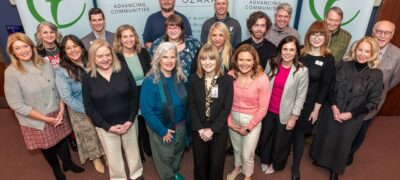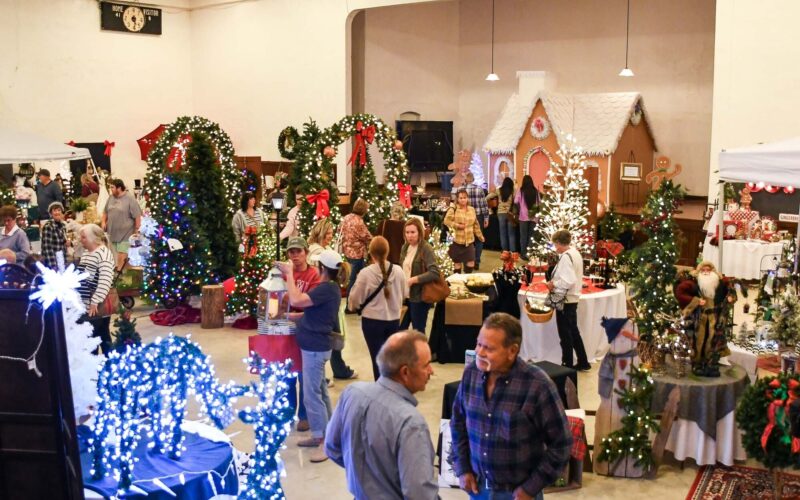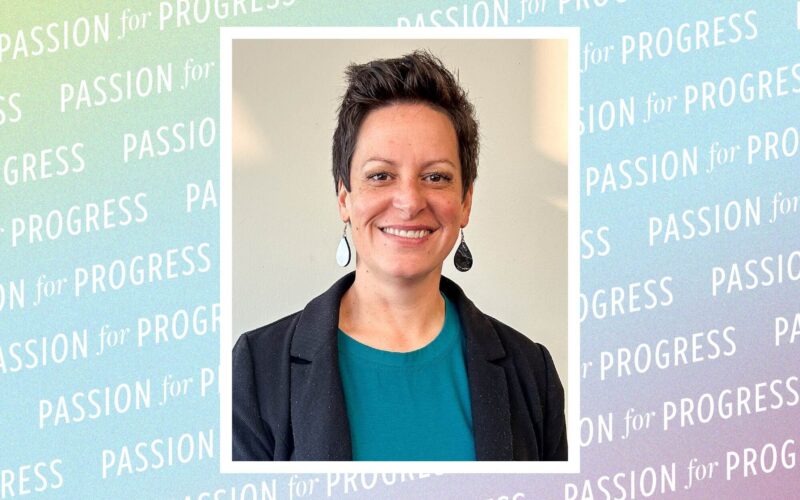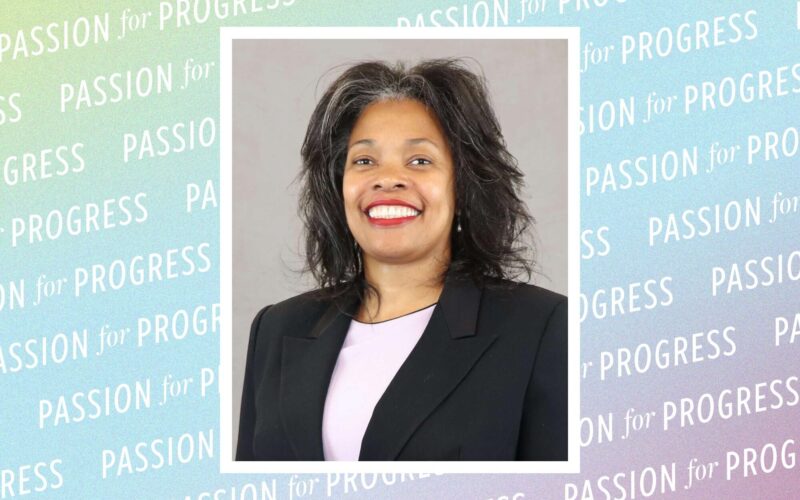BY BRIAN FOGLE, PRESIDENT & CEO
Curiosity and questions bridge gaps, overcome polarization
Her name was Eunice Twyla Hobbs, and she was born in 1890 and passed away in 1991. Although she probably didn’t weigh even 90 pounds, she was a force of nature. She was also my grandmother.
She captivated me with stories about the first time she saw a car, what it was like living through the depression, and train travel in the peak of that epoch. Having raised a family during our country’s worst economic plight, she scolded me for “wasting” too much homemade pear preserves on her homemade toast, or my “extravagant” filling of the bathtub with hot water, when an inch or two would do.
She remained vital until the end of her days. Her only real health challenge was being a bit hard of hearing. Being the diminutive lady she was, everyone looked maybe a bit too large to her. More than once she “whispered” to me in church: “Don’t you think she’s put on a few pounds?” That would elicit a glare, then usually a smile.
Her world never narrowed as she entered into her twilight. She read National Geographic magazine religiously, and remained engaged in the world. She was curious for a century. I give her credit for so much of who I am, and am so very blessed that she passed down that curiosity to me. I always seem to want to know more about most anything.
I thought of that recently as I hear and read so much about the polarity in our country now on seemingly every subject matter. I think we too often simply pronounce what is so, and if you disagree, well, then, you’re misguided at best — and usually called something much worse.
A recent Scientific American report on political polarization noted that Americans increasingly hold “a basic abhorrence for their opponents — an ‘othering’ in which a group conceives of its rivals as wholly alien in every way.” I think some curiosity could help in these moments. Instead of reverting to opinions or name-calling, maybe pausing and asking questions would be a better path. Where did you get that information? Why do you feel that way?
Stephen Covey had it right, I think, with one of his seven habits of success: “Seek first to understand.” My experience is that there are usually reasons people feel the way they feel, and often it’s because they are fallible humans, not diabolical machines. Anglican priest and columnist Tish Harrison Warren suggests we be more engaged and charitable to opposing views first, “which help our own arguments grow sharper, it also helps us continue to have a posture of learning, of growth, of curiosity, of compassion and of joy.”
If you may have had too much turkey for Thanksgiving, my grandmother didn’t pronounce you tipped the scale a bit too much, but even framed that in a question. Perhaps we can all learn a bit from her habits of success as well.
Brian Fogle is the President and CEO of the Community Foundation of the Ozarks · This essay is featured in the summer 2022 edition of Passion & Purpose: The CFO Magazine.



